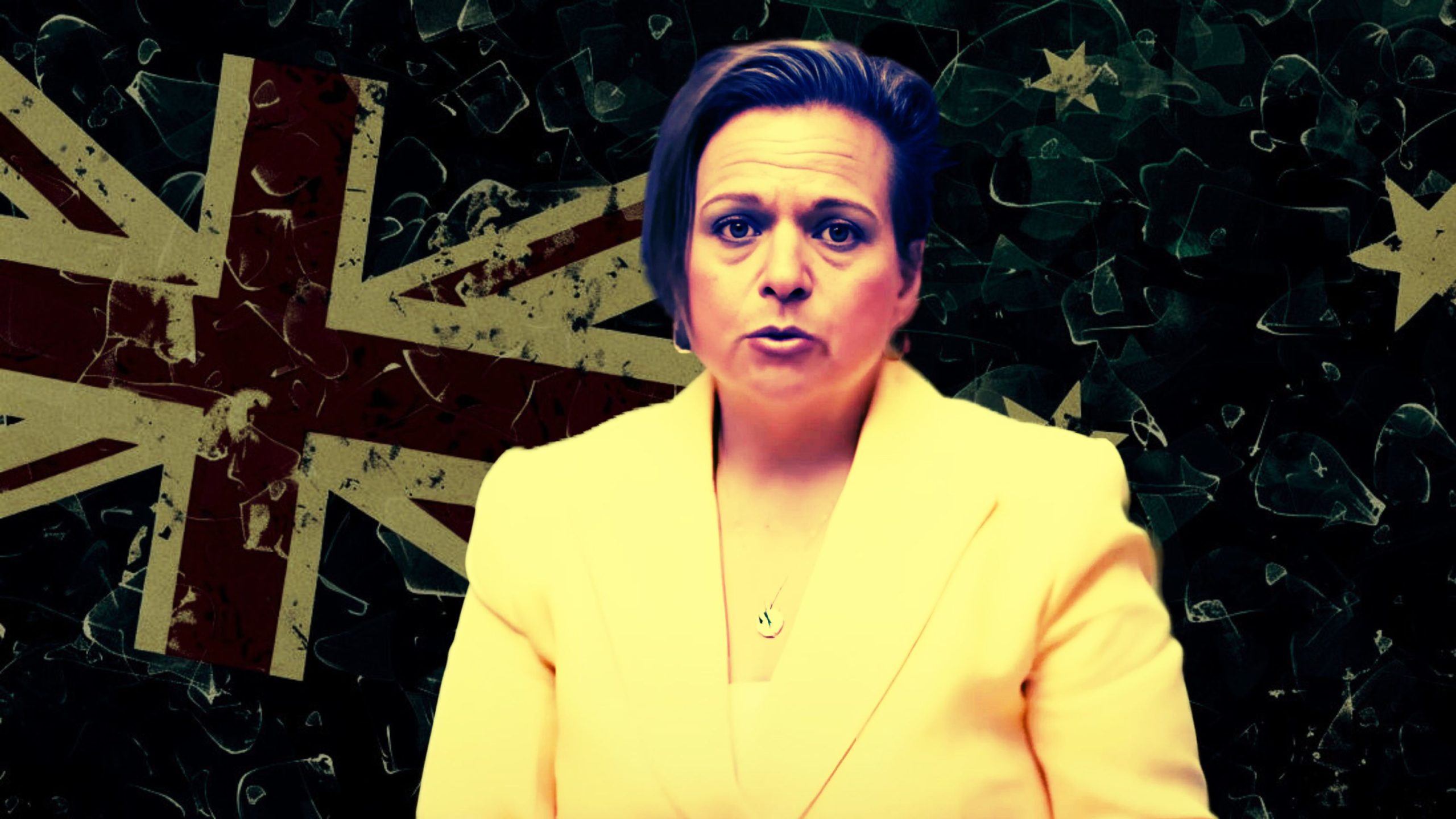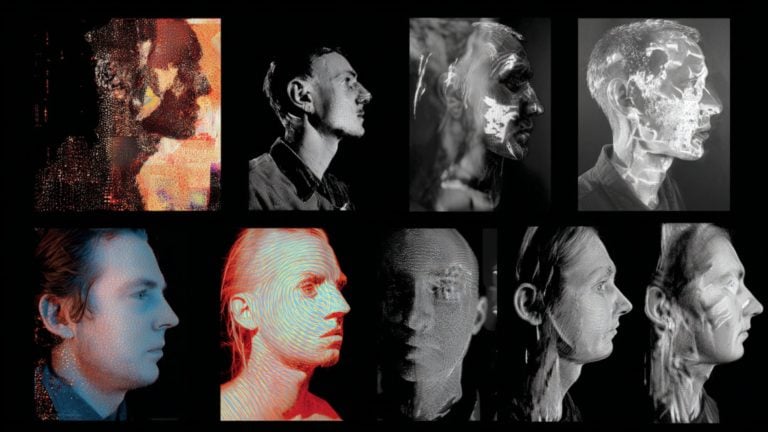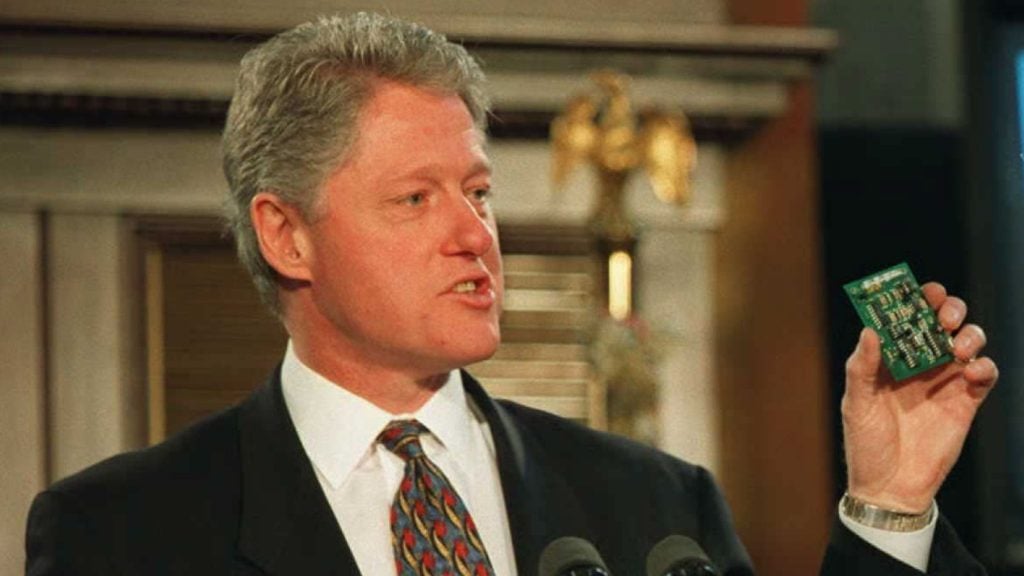Australia on Thursday introduced a new version of the upcoming legislation – slated to become law by the end of the year – targeting tech companies that are not tackling what the authorities decide to consider misinformation and disinformation.
We obtained a copy of the bill for you here.
While the government explains the new bill as necessary to “crackdown on misinformation” – opponents see it as just the latest example of the government scheming to crack down on online speech.
The ruling Labor party is tabling this latest draft as a way to address previous criticism of the bill. It would give the Australian Communications and Media Authority (ACMA) the right to monitor online platforms and enforce new codes or standards on the industry – in case their actions are seen as inadequate under the “self-regulating voluntary” rules.
So much for the “voluntary” component of the narrative (also to be found in various EU directives). Long story short, in Australia with the new proposal of the bill – if tech platforms are found to be in breach of it, they will be fined the equivalent of 5% of their global revenue.
Minister for Communications Michelle Rowland is behind this draft as well, and this time around she is sugarcoating it as featuring “a very high threshold” for serious harm and verifiably false content.
Sadly, the reports out of Australia do not dwell on what exactly passes off as “high threshold” in Australia these days.
Instead, there are a lot of quotes that all seem to come from one and the same global memo. And let nobody conflate this kind of legislative effort with, say, government-empowered censorship. Michelle Rowland said not to.
“This is not about individual pieces of content, it’s not about the regulator being able to act on those, it’s about the platforms doing what they said they’ll do,” the official is quoted as saying.
In other words, platforms better self-censor (the exact same sentiment behind all those “voluntary codes”) – to save the Australian government the grief of openly censoring them instead.
Meanwhile, Rowland made it clear that the platforms, at least in her country, are seen as curators, rather than “passive purveyors of content.”
… When that suits the government, that is. All we can do is wait and see how all this pans out.










